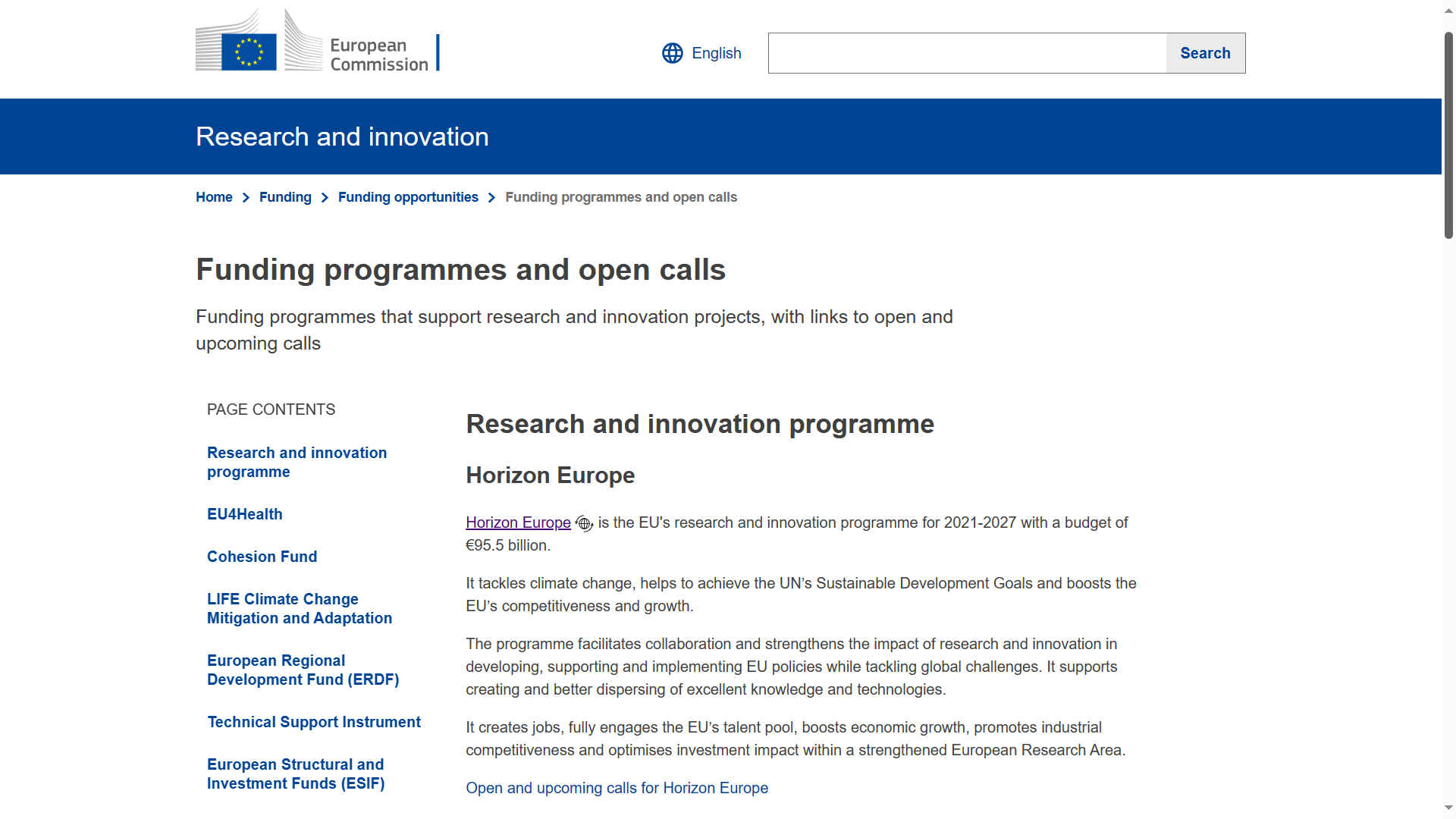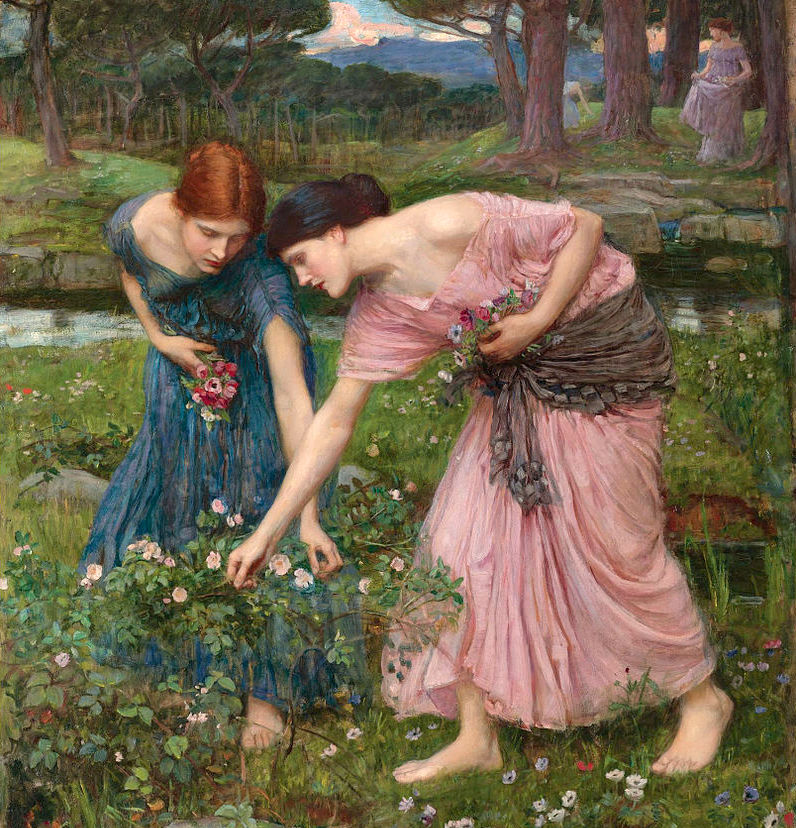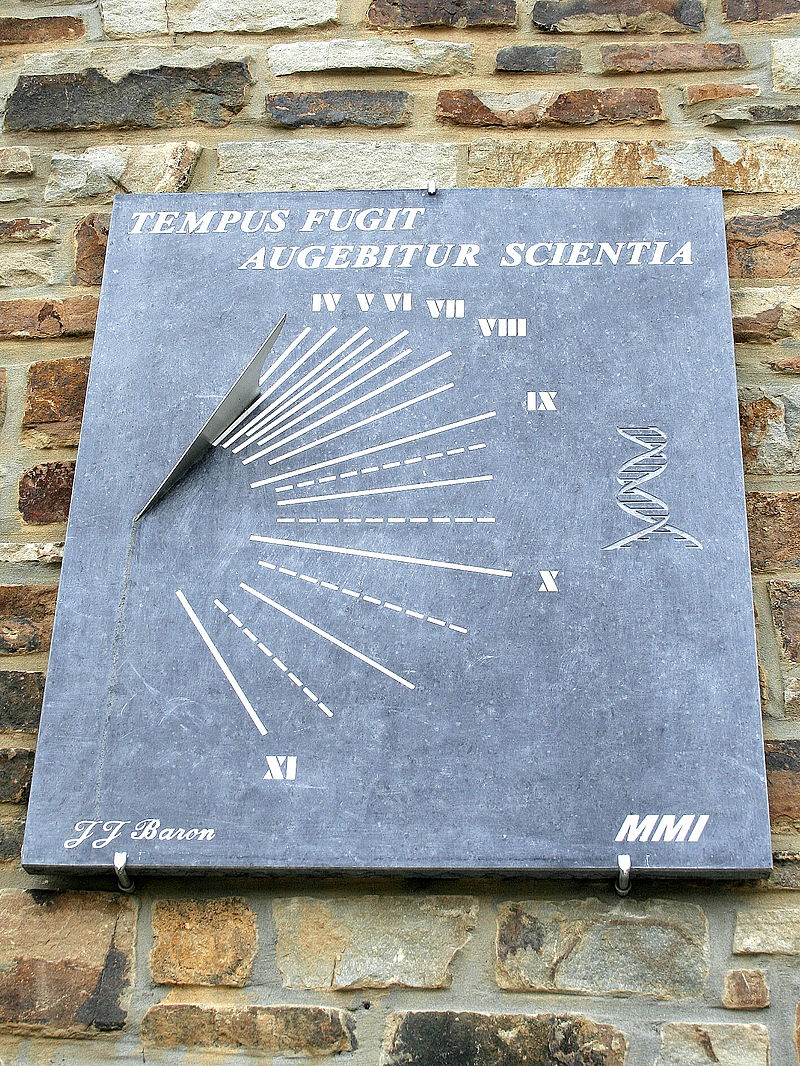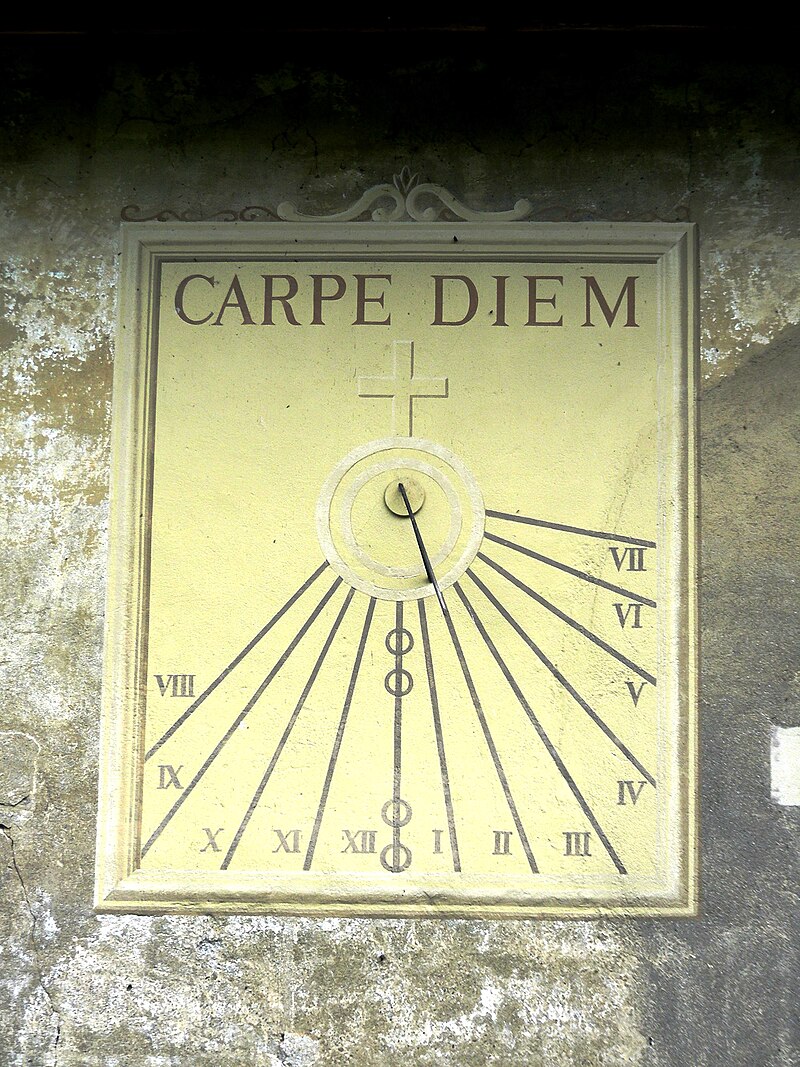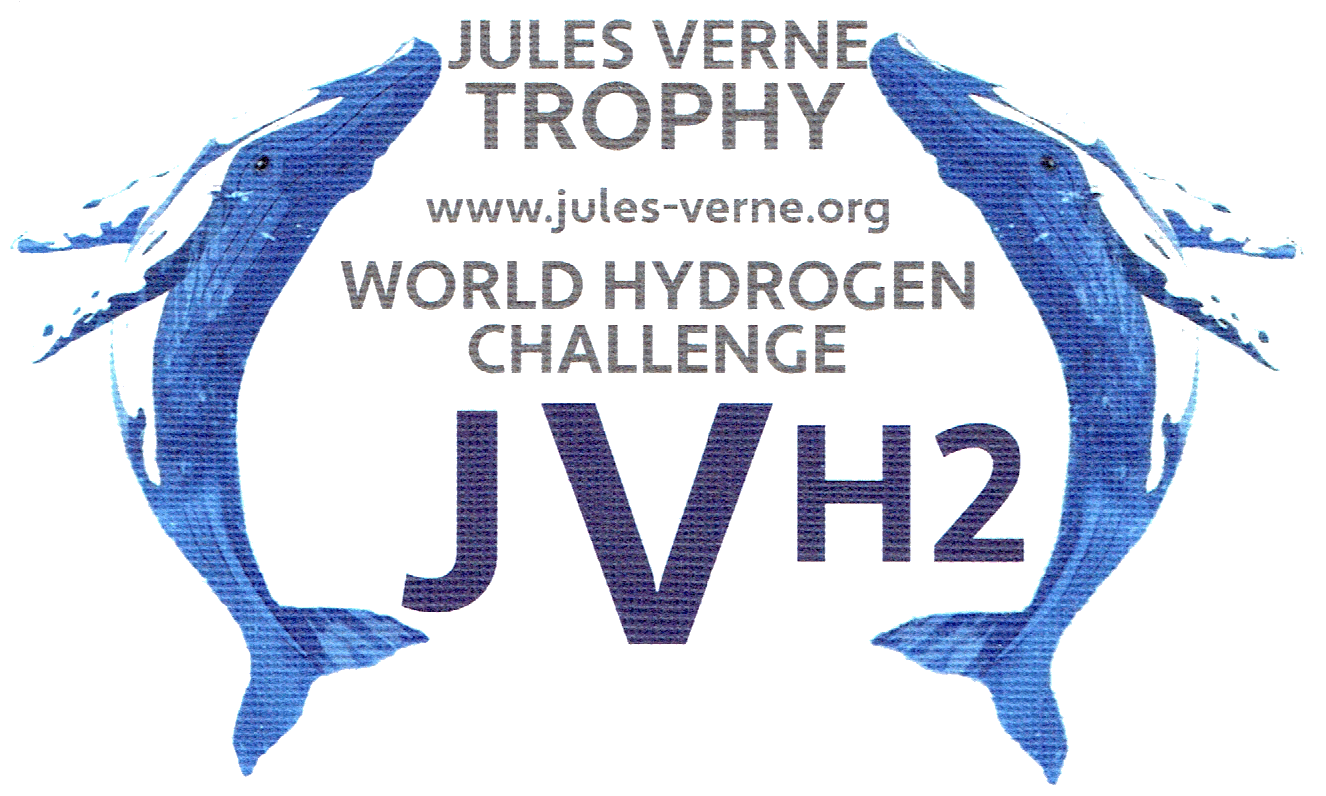|
#TEMPUS FUGIT
Please use our A-Z INDEX to navigate this site or return HOME
|
|
|
|
"In the quest for Freedom From Fossil Fuels"
"Don't Wait Until It Is Too Late"
There are many sayings and phrases that remind us not to leave problem solving until the last minute. They amount to the same advice, largely based on our biological and natural clocks. As in, nobody is getting any younger. We only age, then fade away. It is up to the individual to make the best of their time as living breathing engines of change. Apart from the biological burden of reproduction.
We take it for granted there will be a tomorrow as we know it today. But, why do we believe it will be the same as in history books, when we are in the anthropocene age, the human epoch. The age where humans are so populous, they are changing the natural world for the worse. Upsetting the natural balance. Raising sea levels and melting the ice caps. Turning arable land into deserts. Wiping out thousands of species, as the earth's temperature increases. The list is long and not at all distinguished.
This is because there are so many of us on the one small planet, that we believe is huge, and so, large enough to absolve us of all sins. All of our transgressions of nature. Like hunting the Dodo to extinction. Fishing out fisheries on the US east coast, almost wiping out the North American Bison, Humpback and Right whales. All of these events are proof that humans will exploit natural assets to extinction, if not prevented by positive action. It is in our nature. A good thing in one way, and a terrible flaw in our makeup; the other.
Exploitation is all about money and profits. The invention of money was bound to lead to exploitation, by Ponzi schemers. Creating a currency that is not natural and is unsupported by any natural brake. Such as the Gold or Silver Standards, that limited lending and borrowing. In the modern world we should not be able to just print more money. A fiction, that the world can support that extra injection of artificial wealth. Where, politicians sell continuous growth. A physically impossible scenario, that for some reason, they are allowed to preach. Leading to huge National Debts, that are simply un-repayable. Something akin to the famous South Sea Bubble. Or the dot.com booms and busts. And now crypto currencies and bitcoin, based on nothing but hot air. Millionaires one minute, bankrupt the next. But still such pyramid selling is legal?
Printed money used to say: "I promise to pay the bearer on demand the sum of ????"
The words ‘I promise to pay the bearer on demand the sum of five [ten/twenty/fifty] pounds’ appears on
British banknotes. This phrase dates from long ago when banknotes represented deposits of
real gold bullion. At that time, a member of the public could exchange one of
those banknotes for gold of the same value. For example, a Ł5 note could be exchanged for five gold coins, called sovereigns.
We harbour no intentions politically, and absolutely no pretensions to change fiscal policies. We'll leave that to economists and perhaps, the United Nations, with their Sustainability Development Goals: SDGs.
Exploitation is greed, a natural extension of drying grain and storing nuts in good times for lean. The unfortunate thing being that exploitation for money, as greed, is not the same as making provision for bad times. Like a squirrel storing nuts. Simply because those billionaires who exploited the financial loopholes, and that include banks in over- lending, do not give back to society. They are not storing enough nuts to get them through the winter. They are taking the nuts of millions of workers, and keeping them for themselves.
In nature, dead trees return to the soil. The natural world is cyclical. We should like to emulate the natural world, with a Circular Economy. Or, sustainable practices. This, we cannot get involved in.
But, we cannot afford to let the planet suffocate from fossil fuels.
That is something we can get involved in, because the solutions are right in front of us. We simply need to pluck the fruit from the tree, and use our amazing technological achievements to make it happen.
TEMPUS FUGIT
The
saying is of course true, you cannot dry grass to make hay, if you leave
it too long. Or, the rain will come and spoil the crop. Hay is grass, legumes, or other herbaceous plants that have been cut and dried to be stored for use as animal fodder, either for large grazing animals raised as livestock, such as cattle, horses, goats, and sheep, or for smaller domesticated animals such as rabbits and guinea pigs. Pigs can eat hay, but do not digest it as efficiently as herbivores do.
Thus,
making hay while the sun shines is to:
-
The skiing conditions won't be this good for another several months, so let's make hay while the sun shines.
THE ELIZABETH SWANN - OUR MISSION:
"Construction of a long range vessel with the objective of demonstrating Atlantic, Indian and Pacific ocean, and Mediterranean sea crossings, by way of a world navigation in under 80 days fuelled by hydrogen or hydrogen compounds. To be implemented in stages, Mediterranean and Atlantic as initial demonstrations. Proving long haul, blue water operation, to rival diesel bunker fuel fleets."
|
|
"Fossil Fuels = Greenhouse Gases"
"Greenhouse Gases = Global Warming"
SEIZE THE DAY:
With so many nations expanding their use of petroleum based fuels, our atmosphere has become one great big goldfish bowl, trapping insolation, heating the earth and acidifying our ocean in proportion to the use fossil fuels. Every time you start your IC engines, whether a car or truck, boat or cargo ship, you are contributing to harmful gases and particulates, that are bad for your health.
Why then, do we continue to exploit fossil fuels?
We do so because it is convenient, and because coal and oil were found underground in significant quantities, well before we realised how harmful it might be to burn them for energy en-masse. Those are the two main reasons. And, they did allow us to spark the industrial revolution.
But then, when we realized coal fired power stations and the internal combustion engine were causing havoc ecologically, we were so entrenched in that technology, financially and politically. We continued to use FF's for convenience. Despite there being alternatives that did not create greenhouse gases and particulates.
The only way to escape this conundrum, is to detox our transport system.
Detox, means transitioning to clean renewable energy. Such as solar and wind generated electricity. And, green hydrogen for IC engines or fuel cell electric vehicles.
Finally, fifty years after the seventies oil crisis, the political landscape is slowly changing to help in weaning us off the black gold that made billionaires of oil prospecting companies. Without any dirty atmosphere tax, and no tax for pumping the air we breathe with carcinogens.
The Elizabeth Swann is a practical demonstration event, in the race against time to beat global warming. As they say: "Tempus Fugit" (Time Flies).
The European Union has created EU Missions by way of promoting a series of concrete solutions for some of our greatest challenges. For which, funding may be available. But, subject to the usual financial tests, including accounts, and a large chunk of change in your bank account. If you do not have a track record, such applications typically get consigned to the bin, and you've wasted you time. Time, being money, be careful where you place your efforts, to yield best results.
On the other hand, there are philanthropist individuals and corporations, that may lend a helping hand, if they like the theme of your proposal(s). They may inject a float, subject to PR rights, performances clauses, and best endeavours. That is probably your first port of call. So, get networking.
The Foundation aim to attend at least one international event in 2024, showing the Elizabeth Swann 1:20 proof of concept development model. It is hoped that the publicity thus generated may attract suitable match funding. To help level up the playing field. The Foundation is a not for profit R&D organization without shares or shareholders. We simply want to get the job done. Our reward being a practical technology demonstrator in the Atlantic and Mediterranean, and ultimately, an attempt at the JVH2.
|
|
ALIGNMENT: (Please Note: The Foundation is not funded by the EU, UK or any other nation [unless otherwise stated], being an autonomous not-for-profit R&D entity, and is not a registered charity, confirmed by the commission as not being required to register, leaving us free to operate without potentially restrictive conditions. The Foundation supports - and where practical aims to engage with - all such initiatives, by any and all nations, aimed at de-polluting rivers, seas & oceans as a sovereign organization. The EU's objectives in this #Mission, matches our objectives, thus is supportable.)
YOUTH LEAD: NOVEMBER 2023 - Continuous rain in Sussex, England had our workshop flooded out, and then a storm came along to cause a lot more problems. Roof repairs were effected, with other building repairs ongoing. Finally, we got the jig for assembling the 1:20 model into position, with welding and other equipment to hand. Our engineering student is on the case. Next port of call is modifying the jig, to take larger diameter hulls. The proof of concept model has also grown in length. Our engineering student is seen here, getting things together. He was a speaker at the Bexhill Ocean Symposium on the 18th. The design advanced quite a bit in 2023, as you will see in 2024.
Not science fiction, though inspired by Verne. A project aiming to travel Around the World in under 80 Days. That is an expedition we are planning as an example entry to the World Hydrogen Challenge. Hydrogen powered vessels can be fast and have significant range. What we are calling Formula Hydrogen, could be the F1 of offshore boating, and a spectacular event. If it is possible to complete the build of the Elizabeth Swann above by 2024, it will be in time for the 150th anniversary of Jule's prediction in 1874: The Mysterious Island.
|
|
Please use our A-Z INDEX to navigate this site or return HOME
This website is Copyright © 2023 Jameson Hunter Ltd, an equal opportunities company. This website is carbon friendly, using less energy to load on average per page via simplicity & picture optimization. The same may not apply to third party links. The names: Elizabeth Swann™ John Storm™ Jules Verne™ Kulo Luna® and Solar Navigator® are trademark, all rights reserved.
The leaping humpback whales logo is Copyright © 2022, and may be licensed to third parties in connection with conservation projects - as protected by the Berne Convention in 181 countries throughout the world. The JVH2 Trophy is inspired in part by the Eiffel Tower & Statue of Liberty.
|

